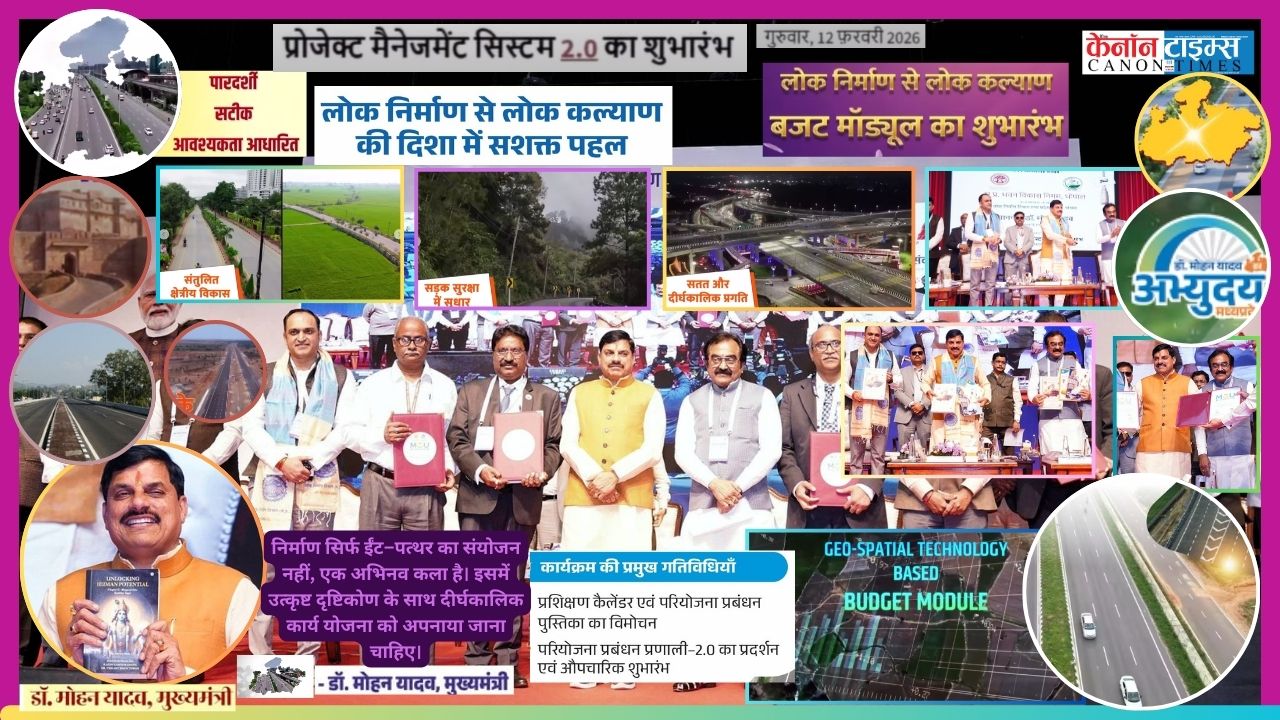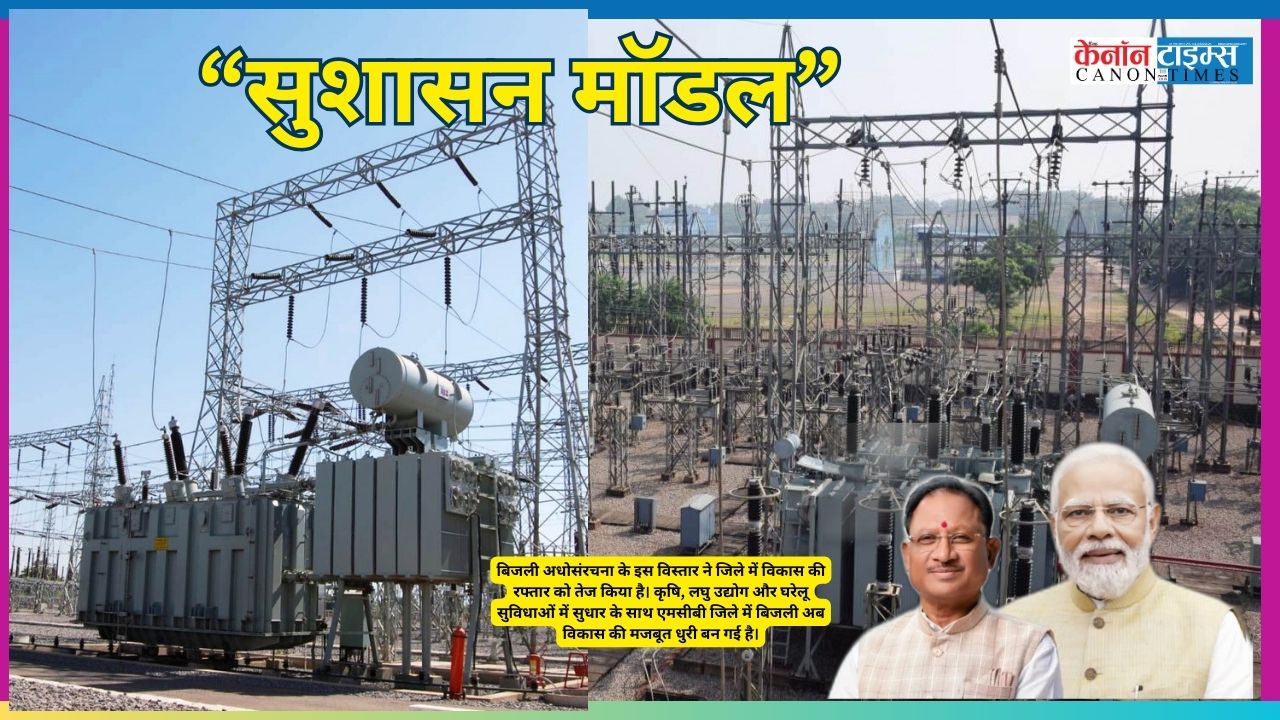The One Nation, One Election (ONOE) proposal aims to synchronize elections for Parliament, state assemblies, and local bodies into a single cycle. This initiative is driven by the potential to ease the burden on schoolteachers, students, governance, and democratic processes.
Impact on Teachers and Students
- Teachers’ Role in Elections: Government schoolteachers are often conscripted for election duties, which include updating electoral rolls, managing polling booths, and pre-election training. These duties disrupt academic schedules, affecting students, particularly weaker ones. Even private schoolteachers have been deployed, as seen in the recent Bombay High Court case.
- Infrastructure Issues: Schools serve as polling stations, further disrupting education. This is particularly problematic when elections clash with examination periods.
- Health Risks: Teachers face risks during election duty. For example, during the COVID-19 pandemic, nine teachers in Uttar Pradesh reportedly died from infections contracted during panchayat elections.
Federalism and Democratic Challenges
- Opposition Concerns: Critics argue that ONOE undermines federalism and the Constitution’s spirit. However, concurrent elections were the norm in the first two decades after Independence, without harming federalism. Examples include the 1967 elections, where diverse outcomes emerged despite simultaneous polls.
- Voting Patterns: Historical trends show that voting preferences vary across elections, regardless of timing. For instance:
- Delhi has elected BJP MPs since 2014 but consistently favors AAP in assembly polls.
- Tamil Nadu and West Bengal have shown unwavering support for regional parties.
Potential Benefits of ONOE
- Single Electoral Roll: Digitization allows for a unified electoral roll, reducing duplication and redundancy.
- Governance Improvements: Synchronization could lead to stability, end policy paralysis, and reduce the frequency of election-related disruptions.
- Cost Efficiency: Holding a single election cycle could save significant public resources.
Challenges
- Mid-Term Polls: Aligning elections with ONOE faces logistical and democratic hurdles. If a government collapses mid-term, shortening the new government’s tenure for synchronization undermines democratic principles.
- Referendum and Consensus: ONOE represents a sweeping change that warrants a public referendum. Current laws don’t allow referendums, so the Centre must build consensus among key stakeholders, including 5 million teachers and 15 crore students.
Conclusion
ONOE offers compelling benefits like cost savings, reduced disruption to education, and governance improvements. However, it raises serious concerns about federalism, mid-term election management, and democratic integrity. A referendum, though legally challenging, could provide the public’s perspective on this transformative proposal.
Author: This news is edited by: Abhishek Verma, (Editor, CANON TIMES)
Authentic news.
Post Views: 5,177






